Automotive Industry Begs U.S. Government for Money

With President Biden planning to announce an infrastructure proposal that could easily exceed $2 trillion, the automotive industry has come to the realization that some of that money could be used to make its job easier. Following Tesla’s attempt at charming the federal government into making carbon credits more valuable, automotive lobbies, supplier groups, and the United Auto Workers (UAW) union have issued a joint letter asking for financial assistance.
Addressed to the president and congress, the document makes numerous requests for help with electric vehicle adoption rates. Industry groups would like to see Biden sign onto significant government tax incentives and subsidies for both buying and manufacturing electric vehicles. But this isn’t limited to passenger cars, they also want tax dollars used to help offset the prices corporations pay on commercial EVs intended for fleet use. Government grants would likewise be set aside for organizations that retool facilities for electric cars, while federal entities make a vow to buy up new fleets that aren’t reliant on liquid fuel.
The letter — available for your perusal here — was signed by Alliance for Automobile Innovation CEO/President John Bozzella, UAW President Rory Gamble, and Motor & Equipment Manufacturers Association CEO/President Bill Long.
One of the biggest issues among its authors was the low number of EVs currently on American roadways. Despite 4-wheeled electrics having technically been around since 1832, the letter notes that only about 1.5 million of the 278 million passenger cars registered in the United States are battery-driven. They felt that could be improved via the aforementioned subsidies and a comprehensive federal education program designed to sway the public perception.
While we’re not particularly enthralled with the idea of the state advertising for automakers that it’s also funneling money into, there were some more reasonable suggestions. The document makes mention of the importance of the U.S. finding ways to procure, process, and recycle the materials necessary for battery production — noting that most of that work is currently being done in Asia. It also acknowledges the charging infrastructure isn’t currently at a point where all drivers can realistically expect to use EVs without making huge compromises regardless of where they live. The letter estimated that there are currently 100,000 public charging outlets nationwide and speculated that figure would need to surpass the 500,000 Biden proposed while campaigning for there to be mainstream acceptance. Obviously, the lobbying groups would like to see the Biden infrastructure plan spending some of the money set aside for bridges and roadways on setting up a more robust charging network.
But the UAW, which saw its leadership signing onto the general premise of the letter, has signaled fears that mishandling EV promotion could ultimately cost American jobs. This has been happening with unions operating in Europe as well since many are under the impression that jobs will be lost as electrification becomes more dominant. EVs require fewer moving parts to build and, with so much of the battery work being done in other regions, some unions have become very worried.
Interestingly, the document sent to the White House and congressional leadership blatantly states that the market is lagging behind their desired results. But it posits that the problem can be socially engineered — ultimately providing an opportunity for the nation to enhance its global competitiveness and economic security.
“Neither the current trajectory of consumer adoption of EVs, nor existing levels of federal support for supply- and demand-side policies, is sufficient to meet our goal of a net-zero carbon transportation future,” read the letter.
Biden is expected to release his infrastructure plan (which many are now claiming will exceed $3 trillion) on Wednesday.
[Image: Whitehouse.gov]

A staunch consumer advocate tracking industry trends and regulation. Before joining TTAC, Matt spent a decade working for marketing and research firms based in NYC. Clients included several of the world’s largest automakers, global tire brands, and aftermarket part suppliers. Dissatisfied with the corporate world and resentful of having to wear suits everyday, he pivoted to writing about cars. Since then, that man has become an ardent supporter of the right-to-repair movement, been interviewed on the auto industry by national radio broadcasts, driven more rental cars than anyone ever should, participated in amateur rallying events, and received the requisite minimum training as sanctioned by the SCCA. Handy with a wrench, Matt grew up surrounded by Detroit auto workers and managed to get a pizza delivery job before he was legally eligible. He later found himself driving box trucks through Manhattan, guaranteeing future sympathy for actual truckers. He continues to conduct research pertaining to the automotive sector as an independent contractor and has since moved back to his native Michigan, closer to where the cars are born. A contrarian, Matt claims to prefer understeer — stating that front and all-wheel drive vehicles cater best to his driving style.
More by Matt Posky
Latest Car Reviews
Read moreLatest Product Reviews
Read moreRecent Comments
- Lou_BC Well, I'd be impressed if this was in a ZR2. LOL
- Lou_BC This is my shocked face 😲 Hope formatting doesn't fook this up LOL
- Lou_BC Junior? Would that be a Beta Romeo?
- Lou_BC Gotta fix that formatting problem. What a pile of bullsh!t. Are longer posts costing TTAC money? FOOK
- Lou_BC 1.Honda: 6,334,825 vehicles potentially affected2.Ford: 6,152,6143.Kia America: 3,110,4474.Chrysler: 2,732,3985.General Motors: 2,021,0336.Nissan North America: 1,804,4437.Mercedes-Benz USA: 478,1738.Volkswagen Group of America: 453,7639.BMW of North America: 340,24910.Daimler Trucks North America: 261,959



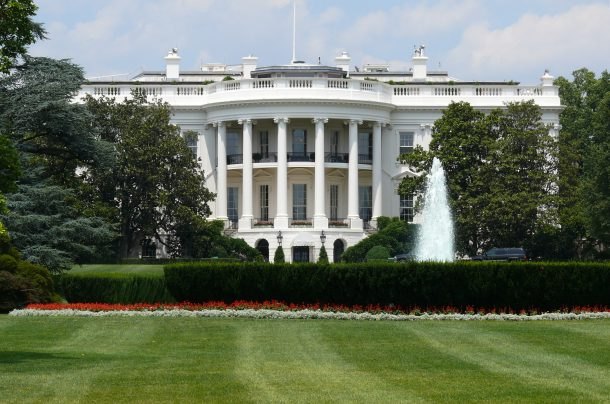















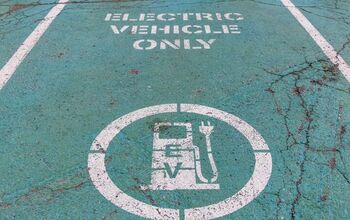
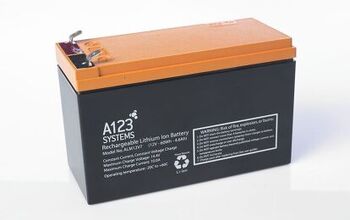

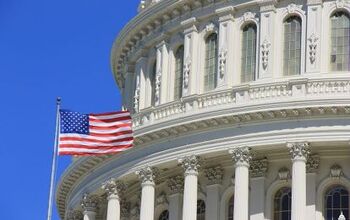
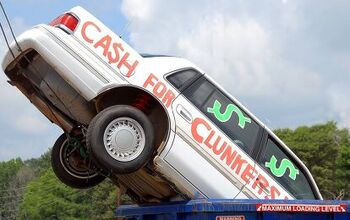










Comments
Join the conversation
People have voted themselves out of a free market economy (or at least, as close as we could manage to one) and into some gubment run social experiment, chock full of the feels. The historical record is not favorable.
Just let me know when there is a hydrogen engine for my 1974 Toronado. I am fine with the government using my tax dollars to re-invent the 455!